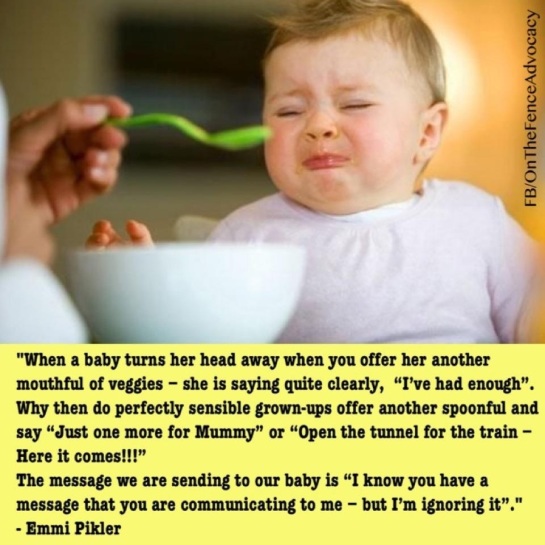More ideas on respectful parenting from day one. This article is very educational (giving key principles in detail) and hard to accept first only because we are too set in our ways. But it makes total sense and I hope some of you will learn something new and will try to create better environments for your babies to thrive in.
Please consider reading the whole article http://www.parentingworx.co.nz/fantastic-reading/emmi-piklers-8-guiding-principles.
“Emmi Pikler set an example that the world is just beginning to wake up to. She knew that in order for babies to develop perfectly in the way that nature had intended, certain things must be heeded.
These included:
The long term impact of free movement on a baby’s spirit, intelligence and physical being.
Respect being shown to babies at all times – and clarifying what that entailed.
The importance of a way a baby is touched and supported in the important birth to two years period.
That no babies needs ‘help’ to reach their milestones in life. We can however support them with patience. Pikler said “As a matter of principle, we refrain from teaching skills and activities which, under suitable conditions, will evolve through the child’s own initiative and independent activity.”
Key Principle No. 3
Build Trust, and your Relationship, during the Caring activity times:
Pikler believed that parents and caregivers need to take the time to make nappy changing, feeding, bathing and dressing, an unhurried and pleasant quality time – with the baby being an active partner. With nature’s built-in ‘choreography for growth’, if given security and freedom a baby will then spend their time learning just what they need to be learning at any given stage.
Key Principle No. 4
‘With’ – and not ‘To’:
Building a Cooperative relationship with a baby requires that you work together on things. We tend to radically underestimate a baby’s willingness and capability in this area. Pikler saw babies as active participants rather than passive recipients in their care.
All of this requires us to talk to our babies a lot more about what we would like to work with them on – and being patient, giving them time to respond.
Take a look at all the ‘parent bling-bling’ on the market today which restricts a baby’s movement. Prams; walkers; high-chairs; swings; baby propping apparatus; baby hammocks; ‘safety’ sleeping equipment and car seats are commonly used items. Whilst some of these have valid uses (e.g Car Seat whilst travelling in a car) many are used for extended periods of time allowing a baby no freedom of movement. These items are usually more about convenience for the parent – and not about what is good for a baby’s development.”

